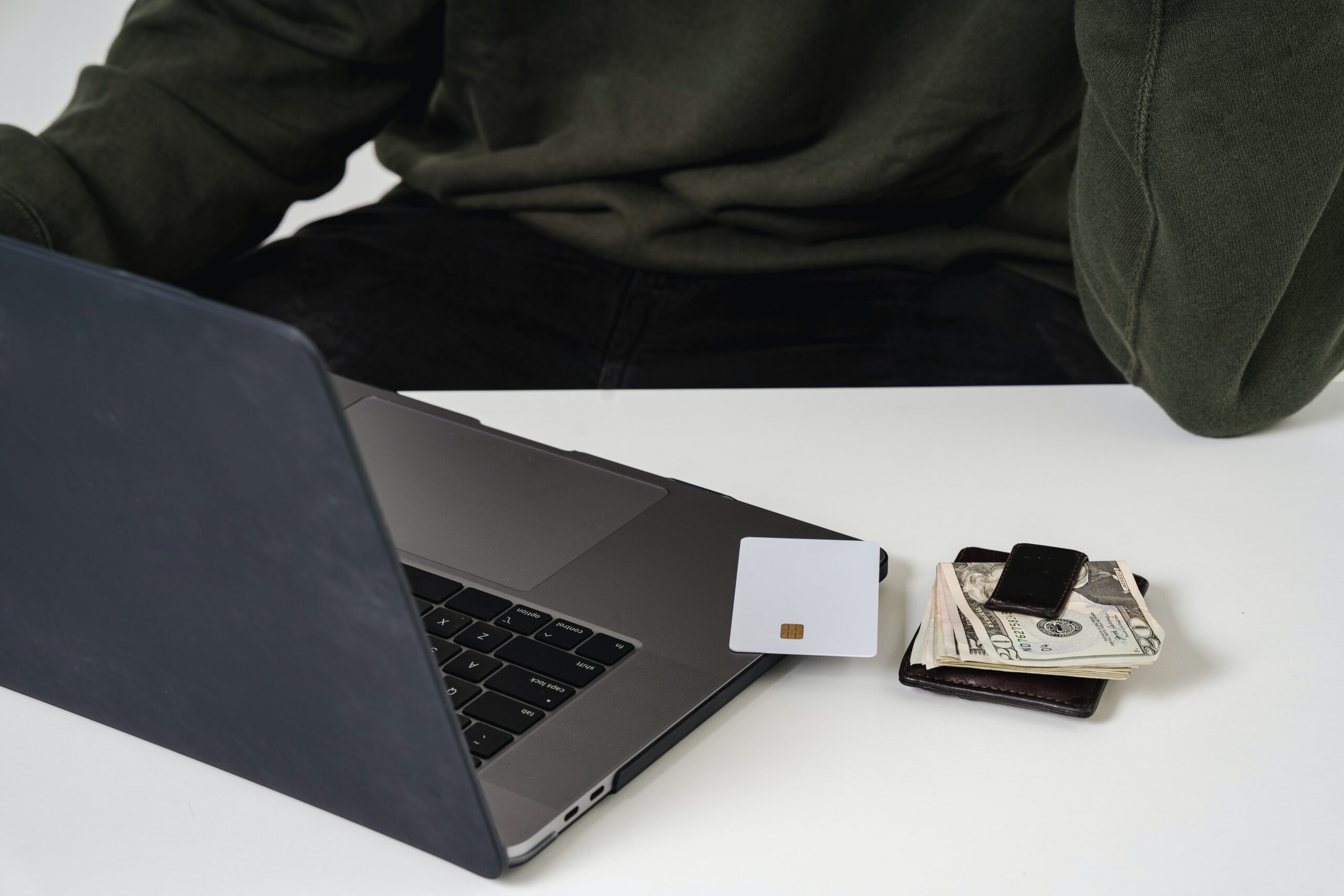
Cash in the Bank is Going Backwards: Inflation and Low-Interest Rates
It’s getting harder and harder to make money sitting in cash. Inflation is slowly eating away at the value of each dollar, while interest rates remain near historic lows. This means that your cash is losing value every day that it sits in your bank account. The opportunity cost of being out of the market is also high right now, as stock prices are near all-time highs. So what should you do? In this blog post, we will discuss the pros and cons of holding cash versus investing in the market. Weighing these factors will help you make the best decision for your situation.
What is inflation?
Inflation is the rate at which the prices of goods and services rise. It’s measured as the percentage change in a price index, such as the Consumer Price Index (CPI). The CPI measures the prices of a basket of common goods and services, such as housing, food, and transportation.
Inflation affects your purchasing power, or how much you can buy with your money. For example, if inflation is at 2 percent and you have $100 in cash today, that same $100 would only be able to buy $98 worth of goods in the future. In other words, inflation erodes the value of your cash over time.
Low-interest rates also affect how much your cash is worth. When interest rates are low, it means you’re not earning as much money from your savings account as you could be. For example, if you have $100 in a savings account that pays 0.01 percent interest, you would only earn $0.01 in interest over a year. That’s not enough to keep up with inflation, which means your purchasing power is decreasing.
How the stock market can beat inflation?
The stock market has the potential to generate returns that exceed inflation. Over the long term, stocks have averaged annual returns of about 11 percent. This means that if you invest $100 in the stock market today, it could be worth $111 after one year. In contrast, if you put your $100 in a savings account that pays 0.01 percent interest, it would only be worth $100.01 after one year. Of course, there’s no guarantee that the stock market will continue to outperform inflation in the future. However, over the long term, stocks have been one of the best asset classes for generating wealth.
So what should you do?
There is no right or wrong answer when it comes to whether you should hold cash or invest in the market. It all depends on your personal circumstances and financial goals. For example, if you’re retired and need to generate an income from your savings, investing in the stock market may not be the best option. However, if you have a long time horizon and can afford to take on more risk, investing in the stock market may be a better choice.
If you’re unsure what to do, it’s always a good idea to speak with a financial advisor. They can help you assess your situation and make recommendations that are suited to your unique needs.
What are your thoughts? Do you think cash is going backward? Are you worried about inflation eroding your purchasing power?
Hey there, I’m Jon!
I help connect you with your ideal investment portfolio. Personalised service with an ethical footprint.
FINANCE
Investing
LIFE
NEWS
Previous Comments
Leave a Reply